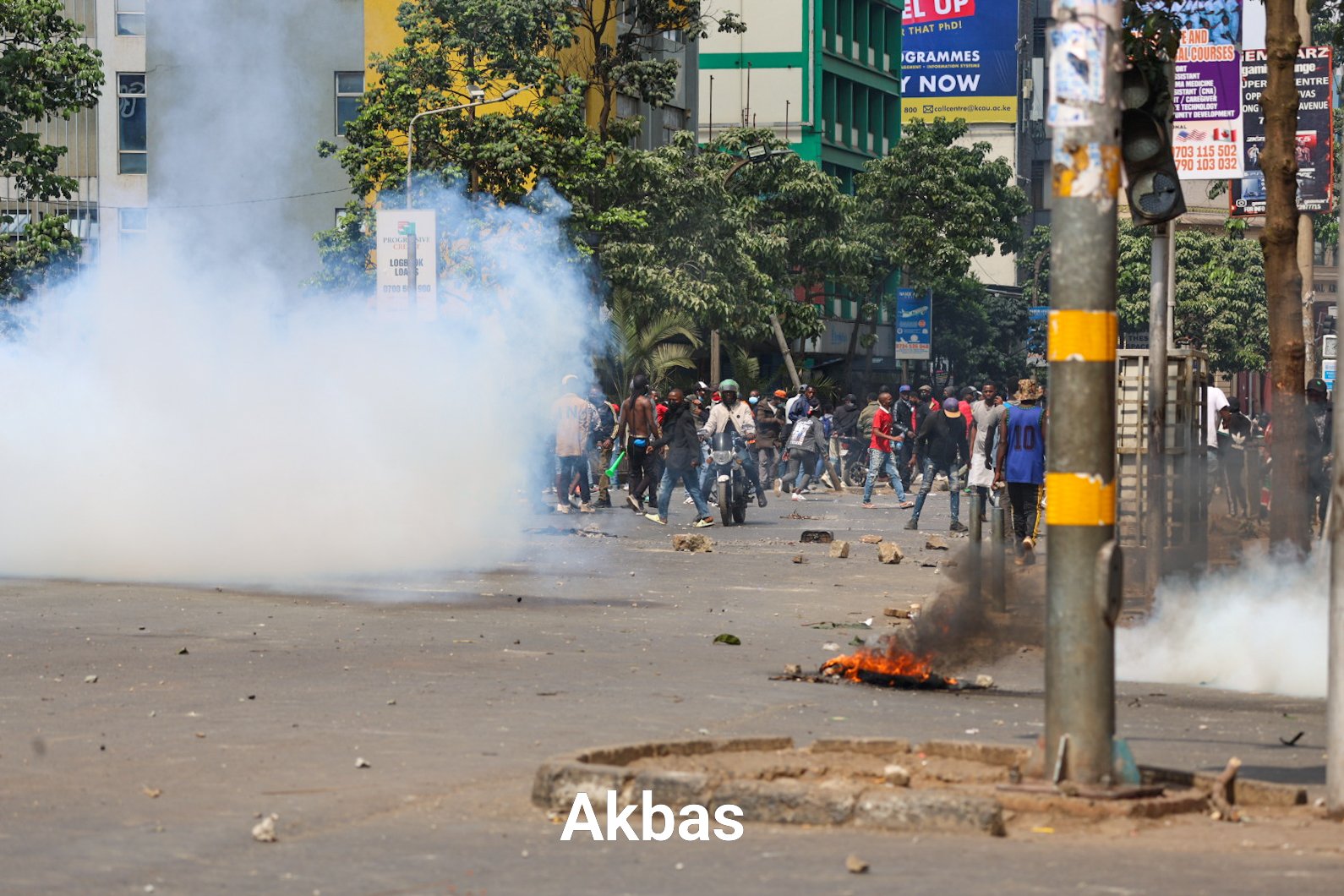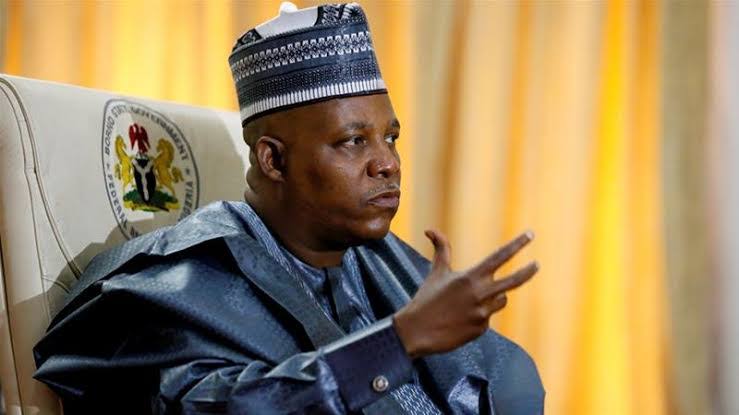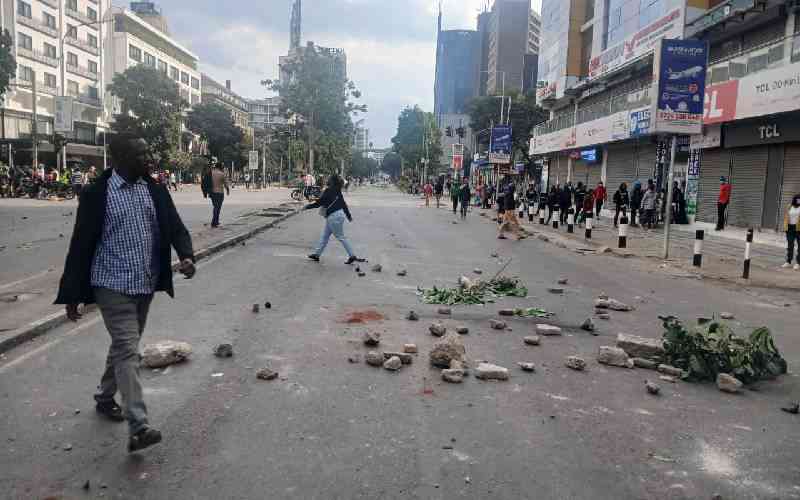Togo: Authorities must investigate allegations protesters were tortured and end crackdown on dissent - Togo | ReliefWeb
Dozens of people were arrested on 5 and 6 June in Lomé after taking to the streets to protest against a government crackdown on dissent, the cost-of-living crisis and changes to the constitution that could allow the current President of the Council of Ministers Faure Gnassingbé to remain in power indefinitely.
Fifty-six people were released on 9 June, according to the public prosecutor. Three protesters are still detained as of 17 June, according to several sources.
Marceau Sivieude, Amnesty International’s interim Regional Director for West and Central Africa
While detained, several protesters were subjected to torture or other ill-treatment, according to testimonies gathered by Amnesty International.
“These Togolese protesters are being harshly punished solely for expressing their opinions. By banning protests and repressing them with force, the authorities are in breach of international law which protects the right to protest. They have also failed to respect the commitments they made during the last , including the prohibition of torture in all its forms; and the investigation of alleged acts of torture,” said Marceau Sivieude, Amnesty International’s interim Regional Director for West and Central Africa. “The crackdown on freedom of expression and peaceful assembly must end immediately.”
In a read out on television on 9 June, the public prosecutor referred to ‘individuals [who] in groups noisily occupied the public thoroughfares […], orchestrating raucous noises and erecting barricades’, even though ‘no declaration of a public demonstration had been registered’, which in his view constituted ‘aggravated disturbance of public order’.
Amnesty International spoke to 10 protesters in the days following their detention at the Djidjolé gendarmerie. All of them said they had been subjected to torture or other ill-treatment.
Fabien Offner, researcher at Amnesty International’s regional office for West and Central Africa
“We were lying on the ground with six or seven officers around us. They poured water over us and hit us on the buttocks with cords. They hit the soles of our feet and asked us, ‘Are you going to go out and demonstrate again?’ They threatened us. At one point, they ordered us to go dancing in the rain. They ordered a protester who had been arrested with a megaphone to sing into the switched-off machine,” one of them told Amnesty International.
“This is not the first time in the country that torture and other ill-treatment have been reported by arrested protesters. Togo was condemned a dozen times in the last years by the ECOWAS Court of Justice for having used torture. We call for a prompt, impartial, independent and effective investigation into these allegations,” said Fabien Offner, researcher at Amnesty International’s regional office for West and Central Africa.
Three medical certificates seen by Amnesty International refer to “contusions of the buttock muscles” and a fourth to “contusions of the paravertebral muscles”. Amnesty International also saw injuries in photographs of protesters.
One of the alleged victims, who was detained for four days and testified three days after their release, said: “I still have pain in my buttocks, my hip and I have difficulty lifting my right arm”. Another alleged victim said they had signed documents at the gendarmerie without knowing what they were. Another said they had been threatened over the phone after reporting the violence on social media.
Amnesty International visited the Research and Intervention Brigade (Brigade de recherche et d’intervention) of the National Police Headquarters (Direction générale de la police nationale) on 10 June, where 32 protesters were detained. The organization interviewed three of them, who said they were well treated and received visits from relatives.
On 26 May, the singer Aamron, a virulent critic of the authorities, called for people to mobilize against the government in a video posted on TikTok. He was arrested the following night at his home without prior summons or arrest warrant and taken to an unknown location. He reappeared on 6 June in a video, apologizing to the President of the Council of Ministers for having made “insulting and outrageous” remarks. He also announced that he was being treated in a psychiatric hospital.
In a issued on 6 June, the government warned that anyone using social media to “disseminate unfounded information likely to cause serious disturbance to public order (…) [would], without exception, face the full force of the law”.
Some of the laws cited in this statement contain provisions that are contrary to international law.
Since the adoption of a new constitution in April 2024, power has been concentrated in the hands of the President of the Council of Ministers, the leader of the majority party. Former President Faure Gnassingbé, who has been in power since the death of his father in 2005, assumed this position on 3 May 2025.










